Žurnal in English
CHILDREN ON THE OTHER SIDE OF THE LAW: Juveniles Return to Crime Due to Lack of Family and Systemic Support
At the Educational-Correctional Facility in Orašje, 20 juveniles are currently residing due to a wide range of criminal offences, including murder, theft, robbery, and inflicting serious and minor bodily injuries. The residents of the facility have the opportunity to engage in sports, participate in sporting competitions within the institution, and attend various extracurricular activities. Experts in juvenile delinquency highlight that incomplete resocialisation is the most detrimental factor, often leading juveniles back to criminal behaviour. Additionally, the lack of family and systemic support exacerbates the problem.
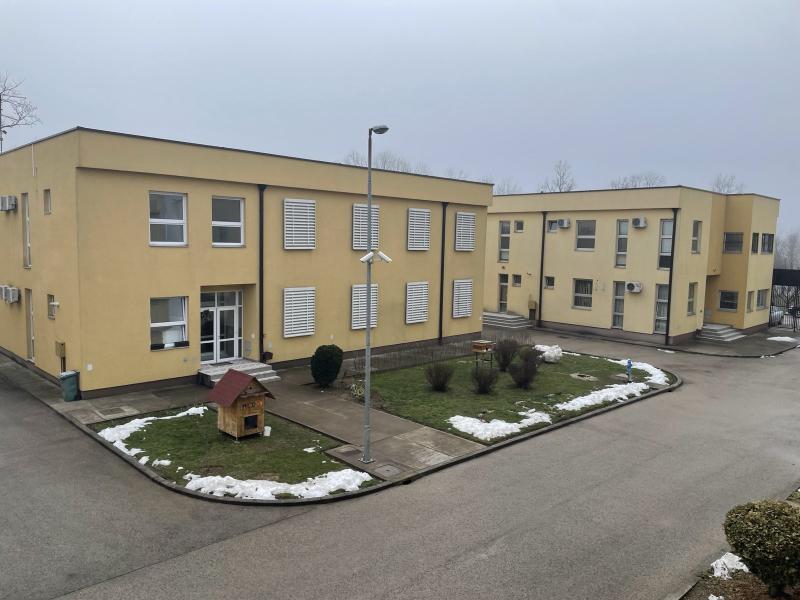
The Educational-Correctional Facility in Orašje is one of seven institutions in Bosnia and Herzegovina designated for housing juveniles in conflict with the law. Currently, 20 juveniles reside in the facility, having been issued a correctional institutional measure by the competent court.
The facility accommodates young people who have committed a wide range of criminal offences, including murder, theft, domestic violence, robbery, trafficking of narcotics, participation in illegal drug-related activities, inflicting minor or serious bodily injuries, and crimes against sexual freedom and morality, such as engaging in sexual intercourse with a child.
“Six juveniles currently residing in the facility are perpetrators of the gravest criminal offence—murder,” said Mira Oršolić-Pejić, the director of the Educational-Correctional Facility, in an interview with Žurnal.
AL’ JE DUG OVAJ DAN (SUCH A LONG DAY)
According to the director, the Educational-Correctional Facility is organised in a way that ensures proper functioning and a tailored approach to juveniles.
"The Educational-Correctional Facility is structured to ensure adequate functioning and an adapted approach to juveniles, taking into account their gender and age," said Mira Oršolić-Pejić, director of the Educational-Correctional Facility in Orašje, in an interview with Žurnal.
The facility comprises separate departments for male juveniles, female juveniles, and younger adult males.
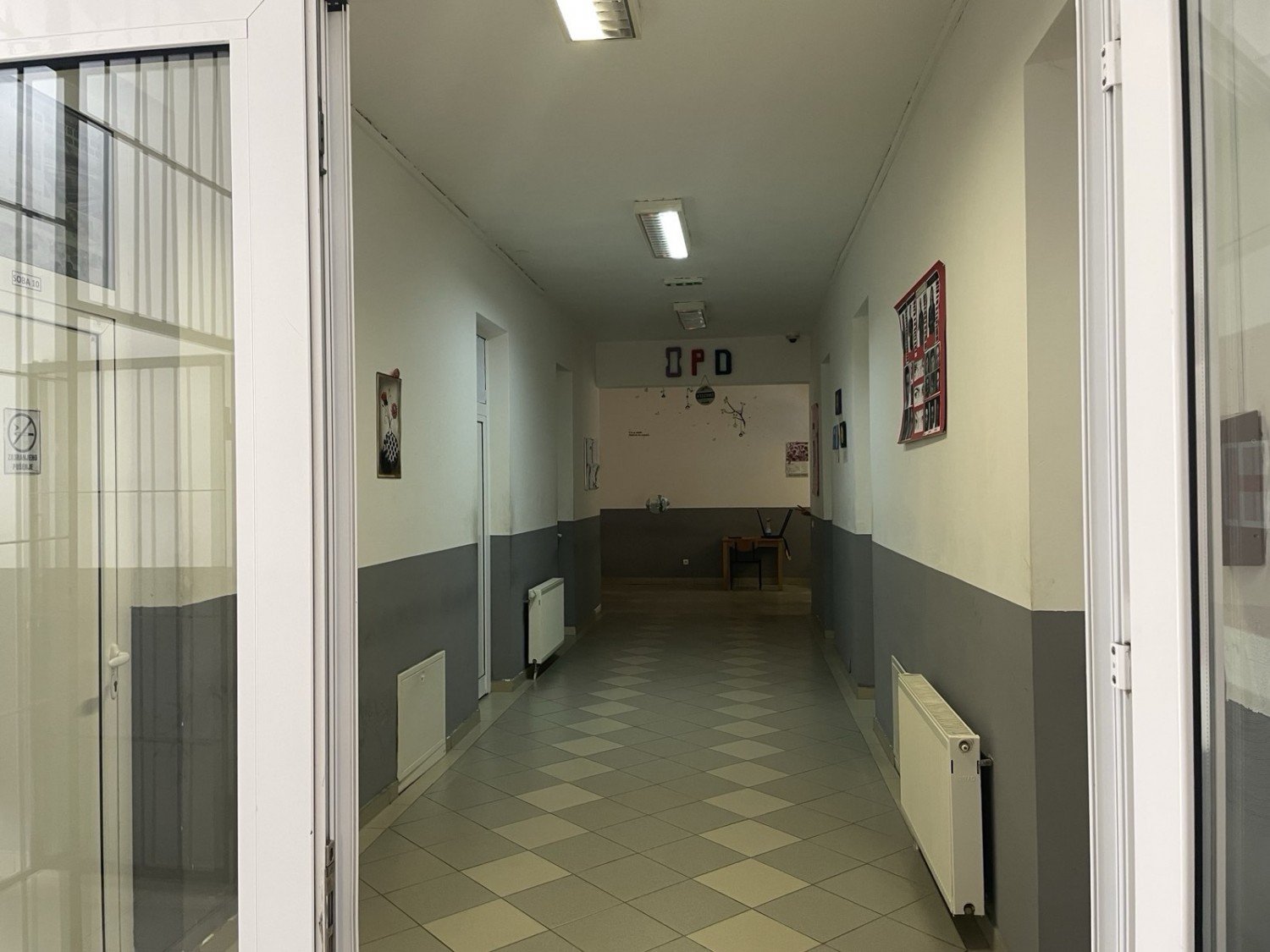
The youngest juvenile residing in the facility was born in 2009, and a correctional institutional measure was imposed on him for three criminal offences: aggravated theft in an audacious or brazen manner, and inflicting serious and minor bodily injuries.
The youngest female juvenile, also born in 2009, is housed due to domestic violence.
“When we talk about juvenile delinquency, we refer to deviant behaviour specific to the juvenile population. Unfortunately, in our society, we encounter juvenile behaviour that is destructively directed against the integrity of others, against property and material goods, as well as self-destructive behaviour, including the abuse of psychoactive substances and committing serious criminal offences under the influence of these substances or for the purpose of acquiring and continuing their abuse,” says Mira Oršolić-Pejić.
Juveniles in the Educational-Correctional Facility in Orašje remain for a minimum of six months and a maximum of four years. The competent court reviews every six months whether there are grounds to terminate the measure or replace it with another correctional measure, explains Irma Omeragić, assistant for education, treatment, and healthcare at the facility, in an interview with Žurnal.
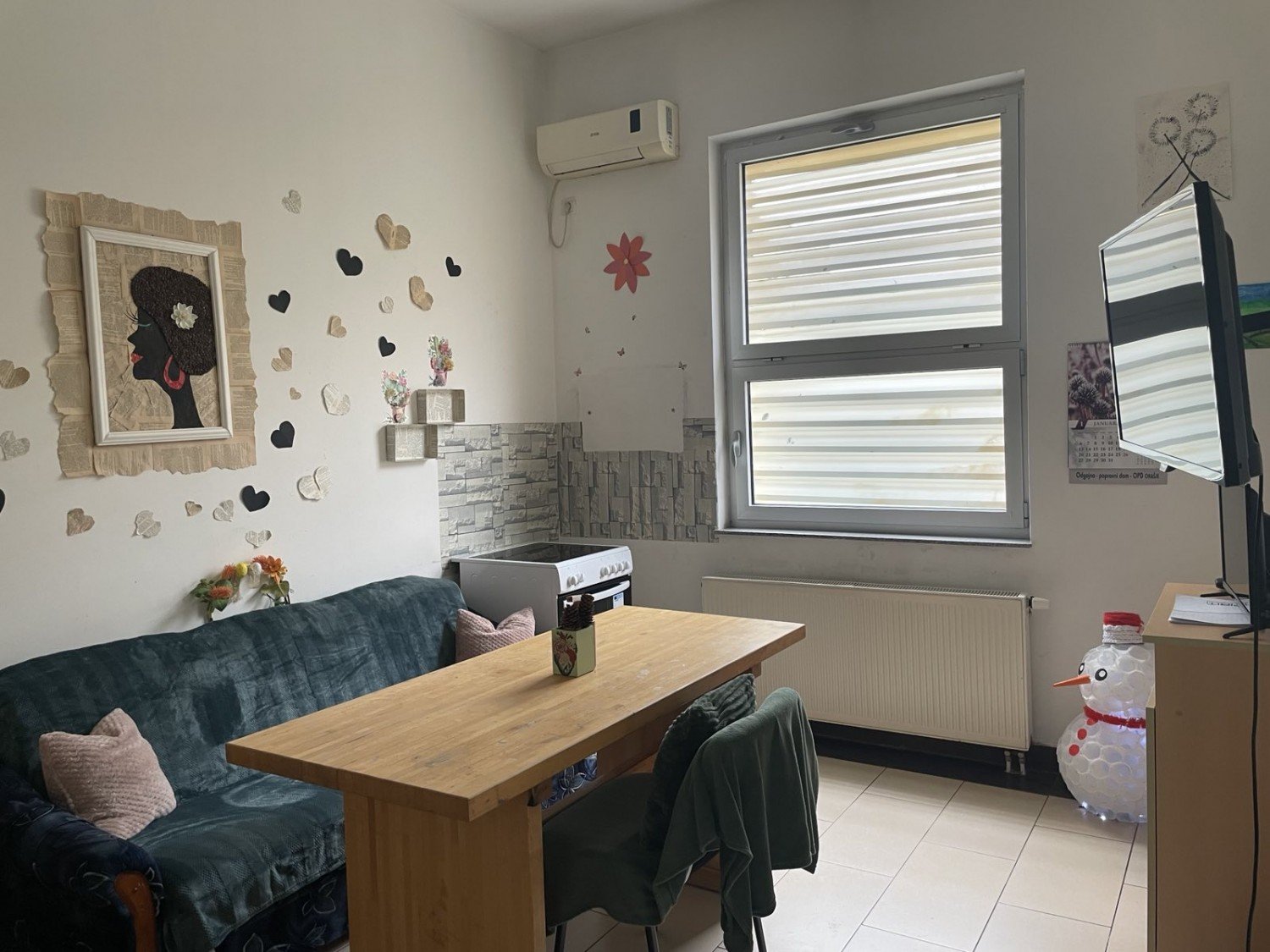
“According to the Criminal Code of the Federation of Bosnia and Herzegovina, correctional institutional measures are imposed on a juvenile offender who requires more permanent measures of upbringing, re-education, or treatment, with complete removal from their previous environment. The institutional corrective measure of placement in an educational-correctional facility is most commonly imposed on juveniles who are repeat offenders or perpetrators of more serious criminal offences,” says Irma Omeragić.
Žurnal planned to interview several juveniles residing in this Educational-Correctional Facility, but the Federal Ministry of Justice did not agree to this. However, it is worth recalling the documentary film “Al’ je dug ovaj dan” or “Such a long day”, produced over six years ago as part of UNICEF’s Justice for Every Child project. In the film, two former residents of the Orašje facility discuss the reasons for their placement and how they spend their days there.
"I can sit silently for hours, staring at the wall, thinking about nothing. My thoughts just wander. Empty. Sometimes someone asks me what's wrong, and I answer, 'Nothing.'"
This is how a former resident described the time she spent in the facility, saying that "only a cat makes her happy."
The film also includes the testimony of a former male resident, who shared that his mother abandoned him when he was two years old. He spent part of his life in a home for children without parental care, then in an institution for social care, upbringing, and education in Sarajevo. After robbing a betting shop, he was sentenced to placement in the Educational-Correctional Facility in Orašje.
Reflecting on his days in the facility, he remarked: “We all say it’s over, it went by quickly. But while we’re living through it, we think, such a long day, it will never end...”
ARGUMENTS, INCIDENTS, VIOLENCE…
The Educational-Correctional Facility in Orašje employs two professional staff members—educators, a psychologist, a social worker, and a professional consultant for the education of juveniles, sports, and culture.
Irma Omeragić explains that a daily schedule of activities has been developed for the juveniles residing in the facility. This schedule includes work assignments with symbolic compensation, regular sports and physical activities, cultural and creative activities, professional training, and preparation for independent living. The residents are given the opportunity to engage in sports, participate in sporting competitions within the institution, and attend various extracurricular activities.
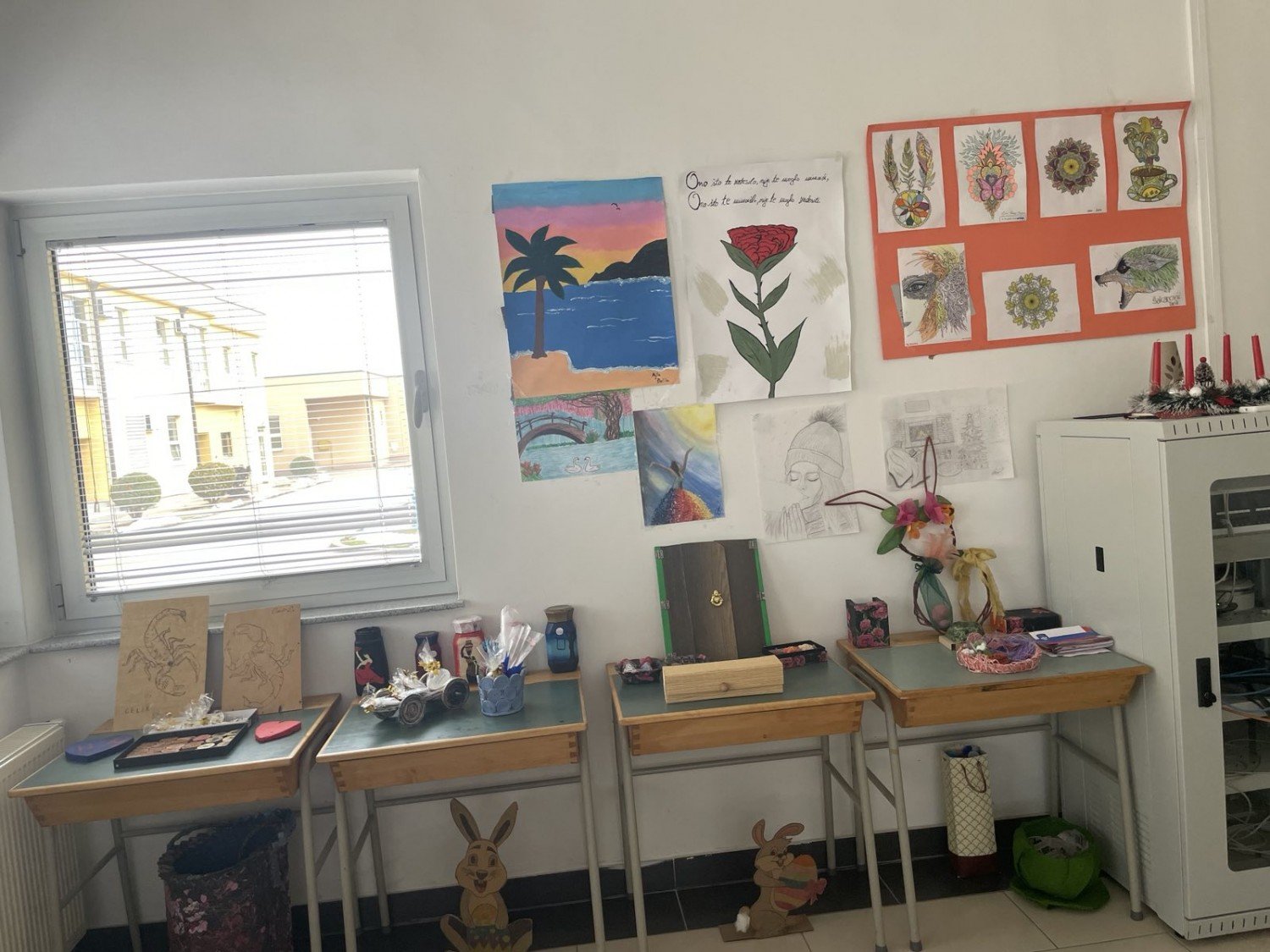
“For each juvenile placed in the facility, an individual plan and programme of action is developed, which is tailored to their specific needs. The individual programme sets goals and tasks, defining areas of work that should facilitate the most suitable resocialisation,” says Omeragić.
Staff members encounter numerous challenges in their daily work, which, according to Omeragić, stem from the complexity of issues related to juvenile offenders, the specificity of their treatment, as well as the structural and organisational challenges within the facility itself.
Staff members frequently face verbal or physical attacks from the juveniles, as well as conflicts between them within the facility. The residents often show resistance to authority and lack interest in activities.
“Emotional and psychological challenges include stress and emotional exhaustion. Working with juveniles who have committed serious criminal offences can often be emotionally draining for staff, especially when there are no visible results, as well as exposure to crisis situations such as frequent incidents of self-harm and violence,” explains Omeragić.
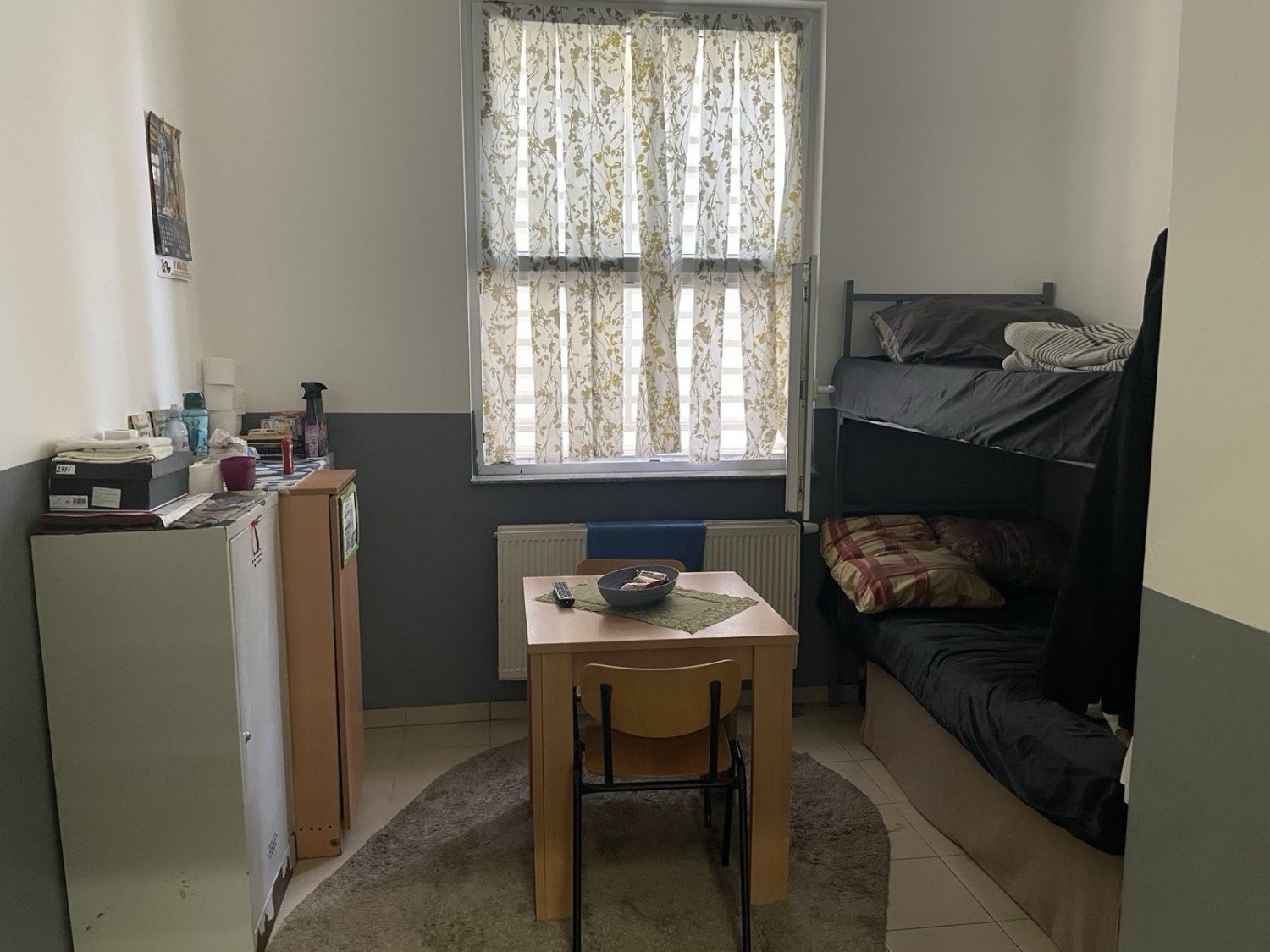
The director, Mira Oršolić-Pejić, added that, in addition to the aforementioned challenges, significant difficulties in their work also arise from the lack of support and resources, including the absence of modern equipment and an adequate number of professional staff to work with different profiles of juveniles. According to her, a significant number of juveniles, in addition to committing criminal offences, also show serious psychological issues, for which it is essential to provide regular psychiatric support and proper monitoring to reduce the risk of recurring destructive behaviour and improve their emotional stability.
The current number of 20 juvenile offenders may seem small, but when considering the complexity of working with this specific population of juveniles, it is clear that significant professional and financial support is needed for their resocialisation and reintegration into society, says Mira Oršolić-Pejić.
"Working with juvenile offenders is not just about providing basic living conditions, but a complex task aimed at changing behavioural patterns and achieving successful reintegration into society. To achieve these goals, adequate financial support is necessary to ensure resources, professional staff, and quality programmes that can make a significant long-term difference in the lives of these young people," concludes Oršolić-Pejić.
INCOMPLETE RESOCIALISATION
Although still preliminary, the reports for the past year indicate a continuation of the trend of juvenile delinquency in Bosnia and Herzegovina. Mićo Letić, a retired member of the Ministry of Internal Affairs of Sarajevo Canton and an expert on juvenile violence, previously pointed out the issue of recidivism and stated that this is a matter for institutions dealing with resocialisation.
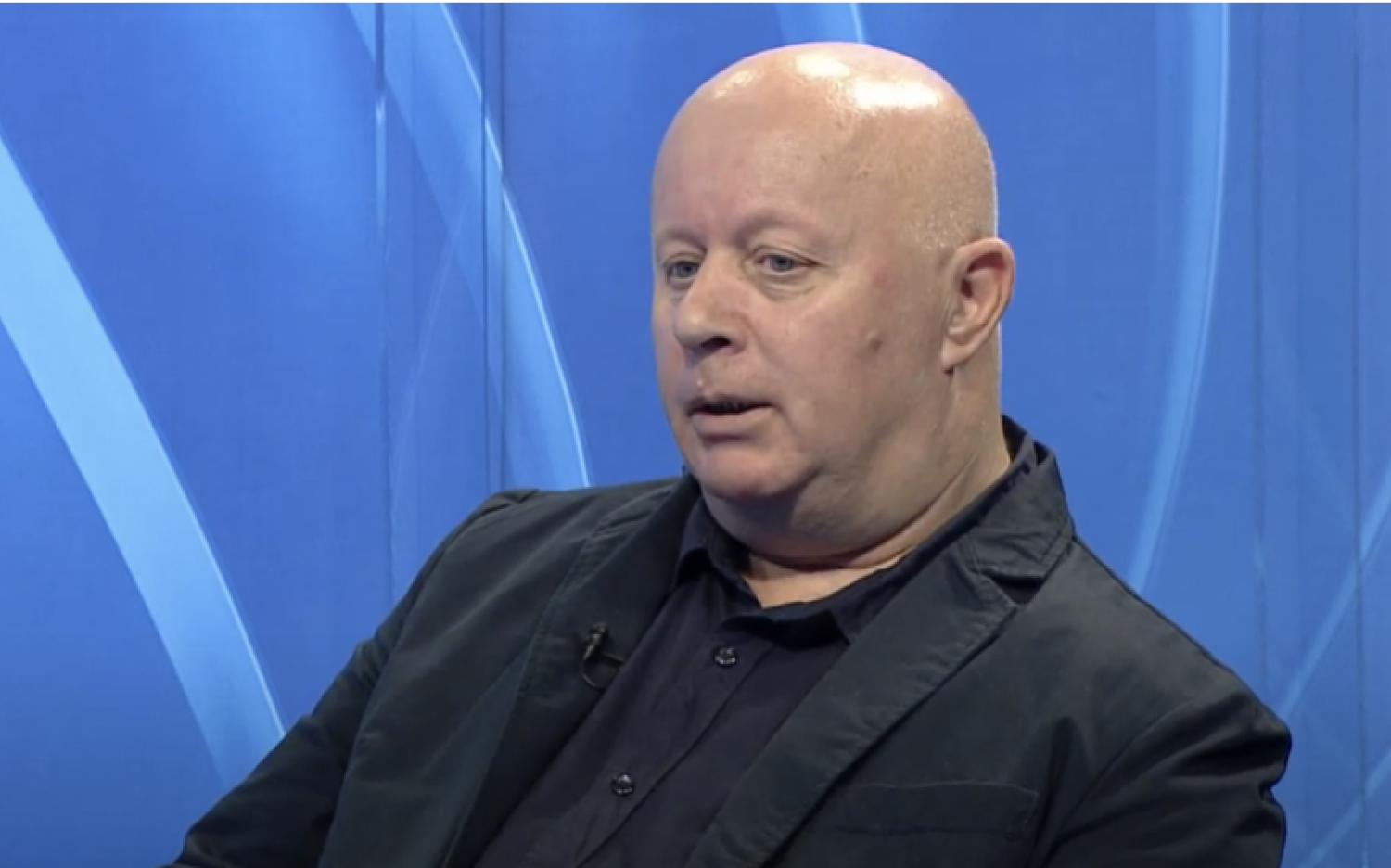
Mićo Letić
“Juveniles who have been sentenced should be monitored by the system after serving their sentence or undergoing sanctions. The most harmful thing, and what I feared the most, is incomplete resocialisation… Inadequate measures lead to juveniles continuing to commit criminal offences even as adults,” Letić said.
The Institution of the Ombudsman for Human Rights of Bosnia and Herzegovina also stated for Žurnal that post-penal treatment for juveniles almost doesn’t exist, emphasising that it is crucial for the reintegration of juveniles into society.
“Children lack support from their families—parents—and insufficient support from the system, such as access to counselling services, professional staff at social welfare centres, mental health centres, and similar institutions. All these are reasons why they return to committing criminal offences,” said the Institution of the Ombudsman of BiH.
In Bosnia and Herzegovina, besides the facility in Orašje, there are six other institutions for the placement of juveniles in conflict with the law: the juvenile detention centre in Istočno Sarajevo, the educational-correctional facility at the Banja Luka Penitentiary, the PI Institute for the Upbringing of Male Children and Youth in Sarajevo, the detention unit of the Sarajevo Penitentiary, the KJU Disciplinary Centre for Juveniles in Sarajevo, and the Reform Centre in Tuzla Canton.
Thanks to the support of UNICEF in Bosnia and Herzegovina, the Ombudsmen visited all institutions where juveniles in conflict with the law were placed during the years 2016, 2018, and 2021. In their latest report from 2021, they noted that only a small number of juveniles are placed in these institutions.
“As a result, the question arises whether juvenile delinquency in Bosnia and Herzegovina is constantly decreasing, or if a significant number of juveniles in conflict with the law are being sanctioned with educational measures that do not involve institutional treatment, or if the application of alternative measures (police warnings and educational recommendations) has been significantly raised, or finally, whether we have an increased level of applying the principle of opportunity, which involves not initiating proceedings against juveniles in conflict with the law due to impracticality,” stated the Institution of the Ombudsman.
They added that the answer to this question is particularly interesting when considering daily information, which largely comes from the media, as well as complaints registered with the Institution of the Ombudsman, showing that peer violence and juvenile delinquency are increasing daily in our society.
The general assessment of the Ombudsmen is that some progress has been made in the treatment within most institutions, but they also express concern that 24-hour treatment has not yet been established in the majority of institutions. According to them, this is necessary for achieving the purpose of treatment. They conclude that treatment activities (workshops and sections) should also be mandatory and clearly structured.
The Ombudsmen note that the material conditions in the institutions have not changed much compared to the previous report: certain institutions are still located within penal-correctional facilities, which significantly hinders their work, while in other institutions, financial investments have not been made to a greater extent.
“The purpose of criminal sanctions is to influence the development of the juvenile's personal responsibility by providing protection, care, assistance, supervision, and ensuring general and professional training, with the aim of ensuring their education and proper development, all in order to reintegrate the juvenile into the social community. In this regard, creating a more comfortable environment in the institutions and fully occupying the juvenile’s time during their stay in the institution does not imply allocating additional financial resources or engaging a larger number of professional staff in the institutions. At the same time, the Ombudsmen believe that it is necessary to improve the material status of employees and ensure their continuous professional training and development,” state the Institution.
MEASURE OF PLACEMENT IN A REFORM CENTRE
When it is necessary to influence a juvenile's behaviour with appropriate short-term measures, the competent court imposes a measure of placement in a reform centre.
Currently, there are nine juveniles residing in the Reform Centre in Sarajevo for various reasons. Within this Centre, work with children and juveniles is carried out through four professional services: resocialisation, diagnostics and observation, care for children in need, and preventive work.
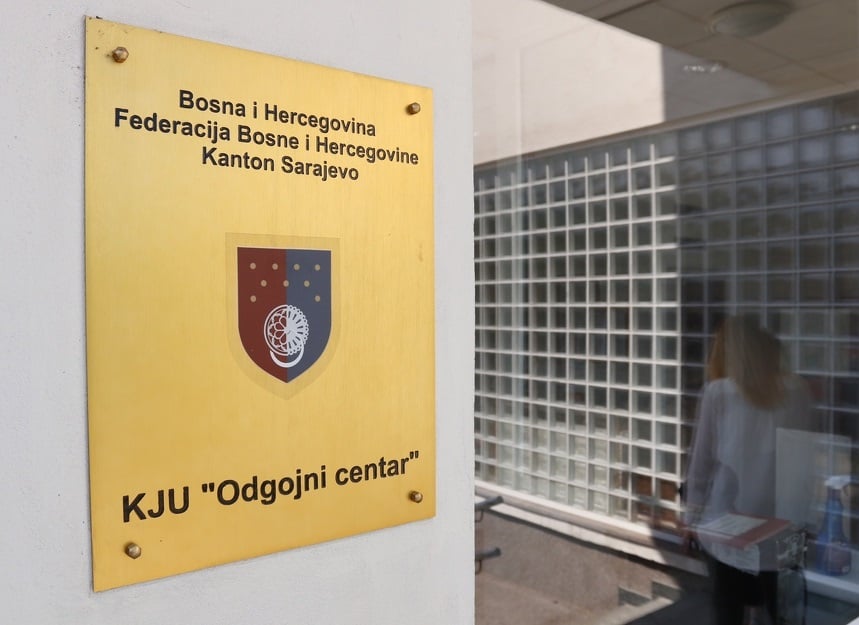
"What is very important to emphasise is that the institution always operates with all its capacities and consistently strives to meet the challenges that practice brings daily," says Dženita Šošić, Head of the Resocialisation Service at the Reform Centre in Sarajevo.
Juveniles of both genders, aged 14 to 18, are referred to the Reform Centre. The execution of this educational measure can be for a specified number of hours during the day, lasting at least 14 days but no longer than 30 days, or for a continuous stay lasting at least 15 days but no longer than three months.
"Additionally, the Reform Centre, upon the decision of the competent court, provides temporary accommodation and care for juveniles during the preparatory process, accepts, temporarily cares for, and observes juvenile offenders, and carries out diagnostics and observation during the judicial process as instructed by the competent prosecutor or court," Dženita Šošić stated in her response to Žurnal.
After the educational measure has been completed, juveniles are returned to their families, with the Reform Centre's Professional Team preparing a report on the implementation of the imposed measure and submitting it to the competent court and guardianship authority.
The Reform Centre also indicates that the implementation of educational measures is based on an individual work programme tailored to the juvenile’s personality.
MURDERS COMMITTED BY MINORS
According to data from the High Judicial and Prosecutorial Council of Bosnia and Herzegovina, between 2015 and 2024, sanctions were imposed on 2,438 minors for various criminal offenses. This data was forwarded to the Parliamentary Assembly of Bosnia and Herzegovina in response to a parliamentary question. The data shows that minors were most often sanctioned for theft, violent behaviour, and robbery, as well as for murders, rapes, fraud, false reporting, and indecent acts.
Here are some murders committed by minors in previous years:
ATTACK ON THE POLICE STATION - In November of last year, a police officer, Ozren Maran, was killed at the Bosanska Krupa police station, while his colleague, Avdo Hasanović, was injured. The perpetrator was a minor, born in 2009, who carried out the attack using a knife.
DENIS MRNJAVAC (17) was murdered in a tram in 2008. He was killed by his peer Nermin Sikirić, who was sentenced to a 10-year juvenile prison sentence.
PRIEST MILE IVANČIĆ was murdered in February 2013 in Zavalje near Bihać. The perpetrators were three minors aged 15, 16, and 17, and the motive for the murder was greed. They were sentenced to juvenile prison terms ranging from eight to eight and a half years.
LJUBICA ĐOKIĆ-SPASOJEVIĆ was set on fire in January 2008 in the entrance hall of a building in Sarajevo. The perpetrators were Robert Mučišta, Roberto Hrustić, and Jeton Osmani, who were 14 and 15 years old at the time. They were given enhanced supervision measures from social protection bodies.
It is important to note that after this, Mučišta and Hrustić continued to commit criminal offenses.
A 74-year-old woman, S. S., was murdered in October 2022 in Sarajevo. She was killed by two minors, aged 14 and 15, one of whom was her granddaughter.
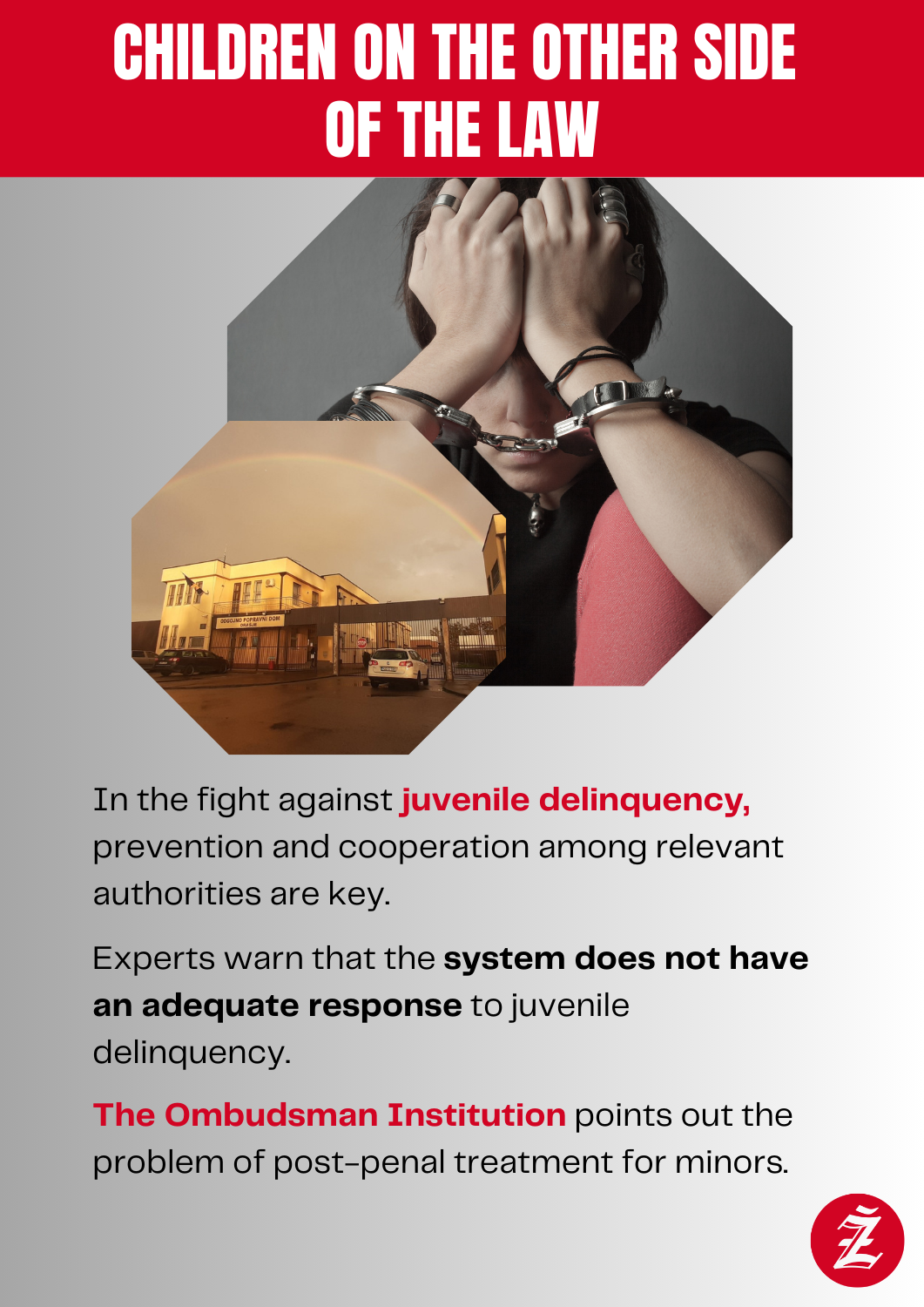
(zurnal.info)




